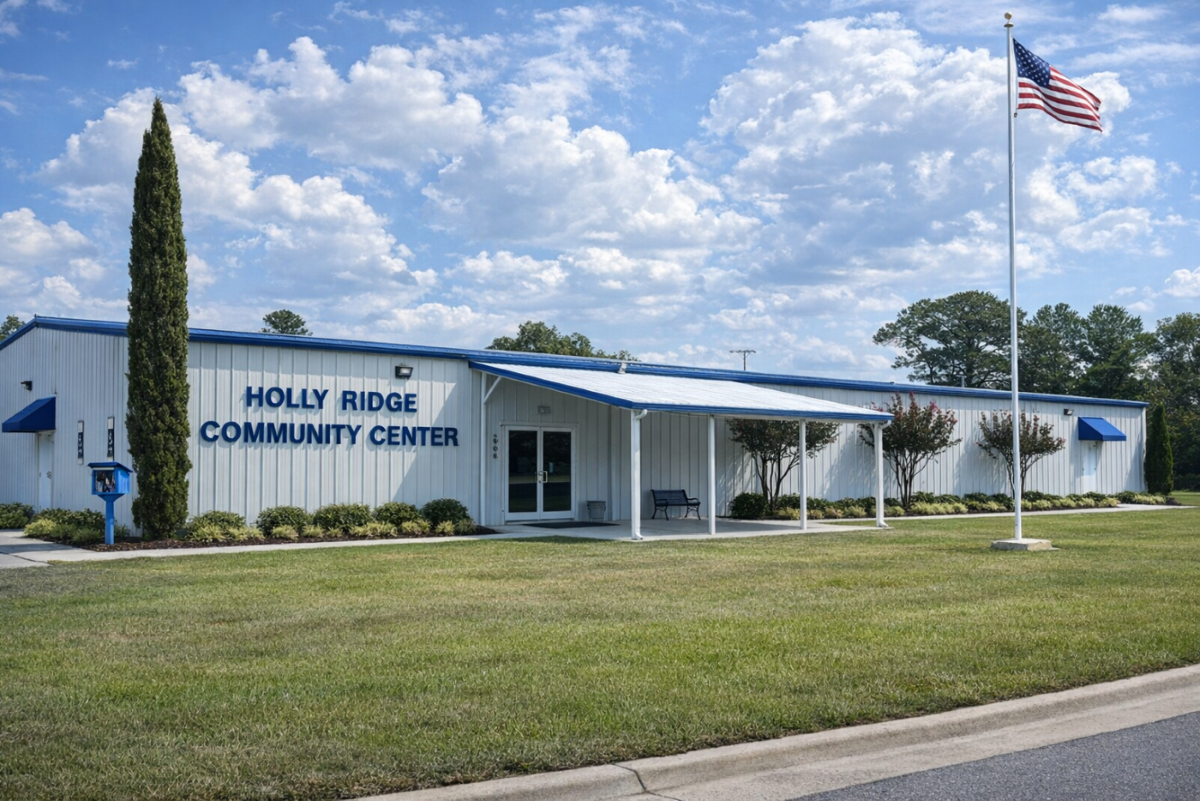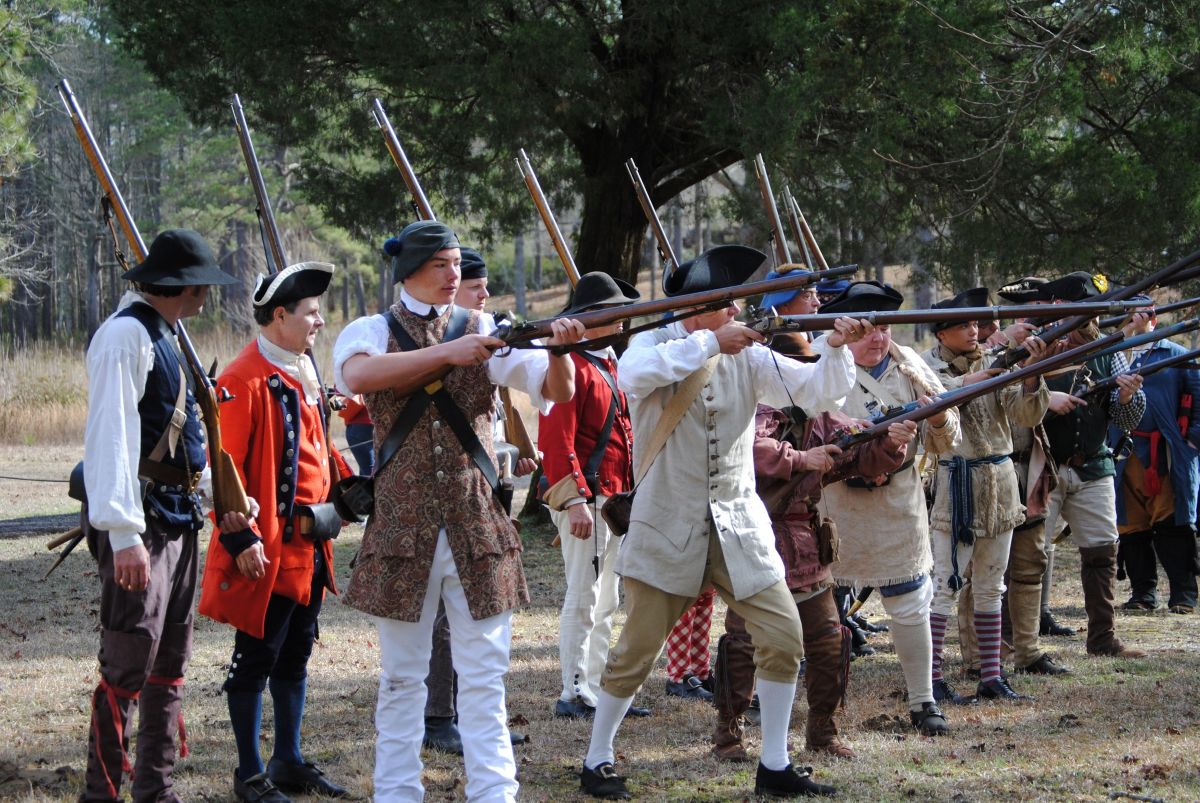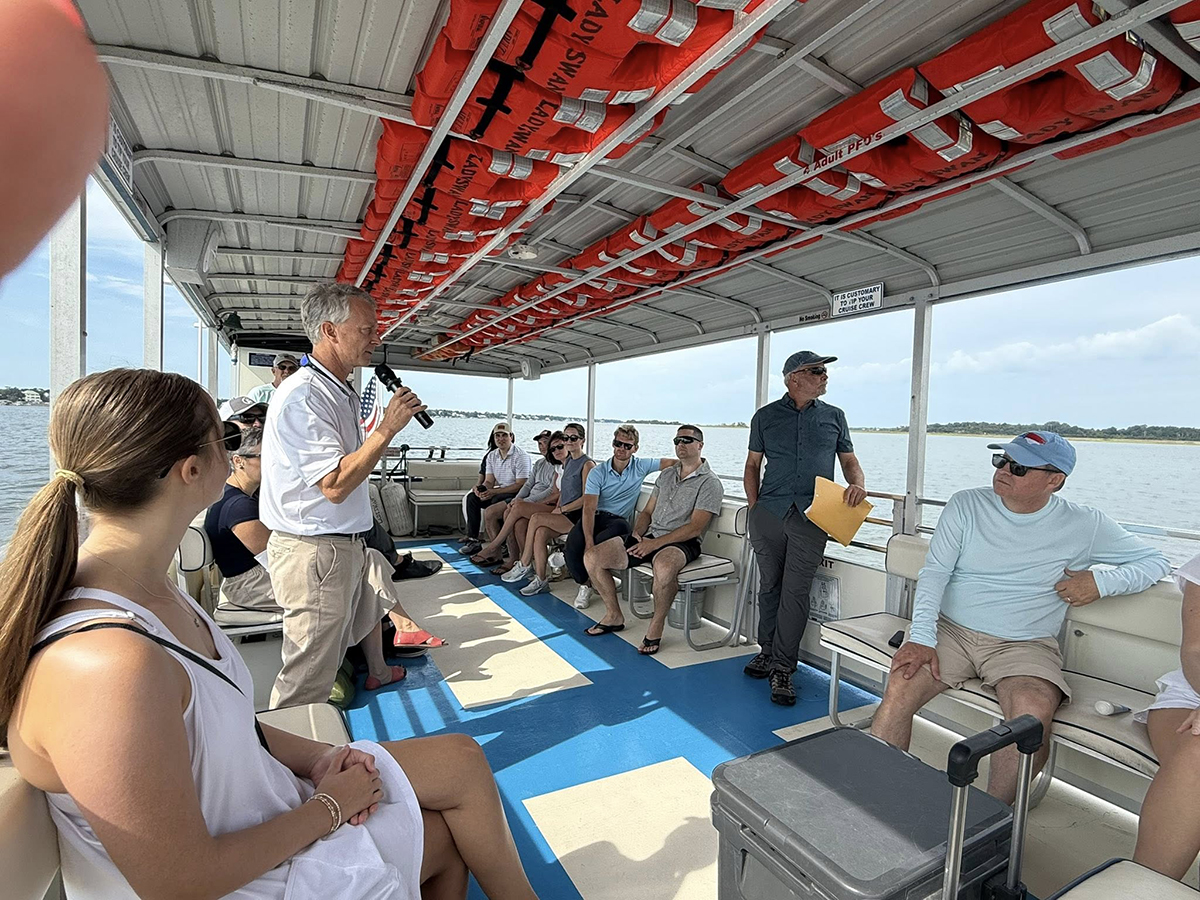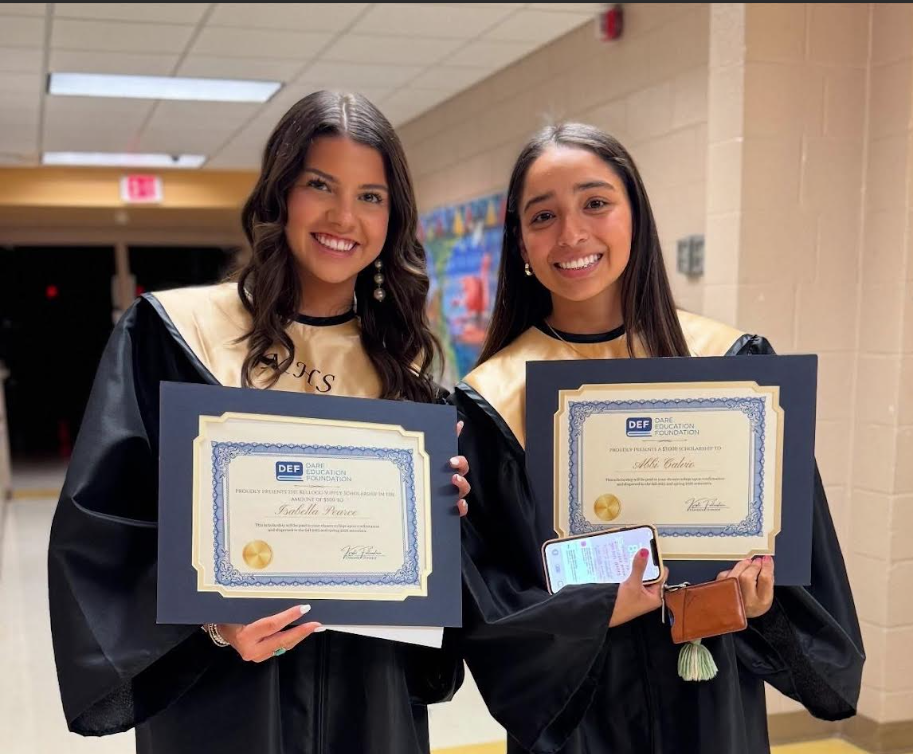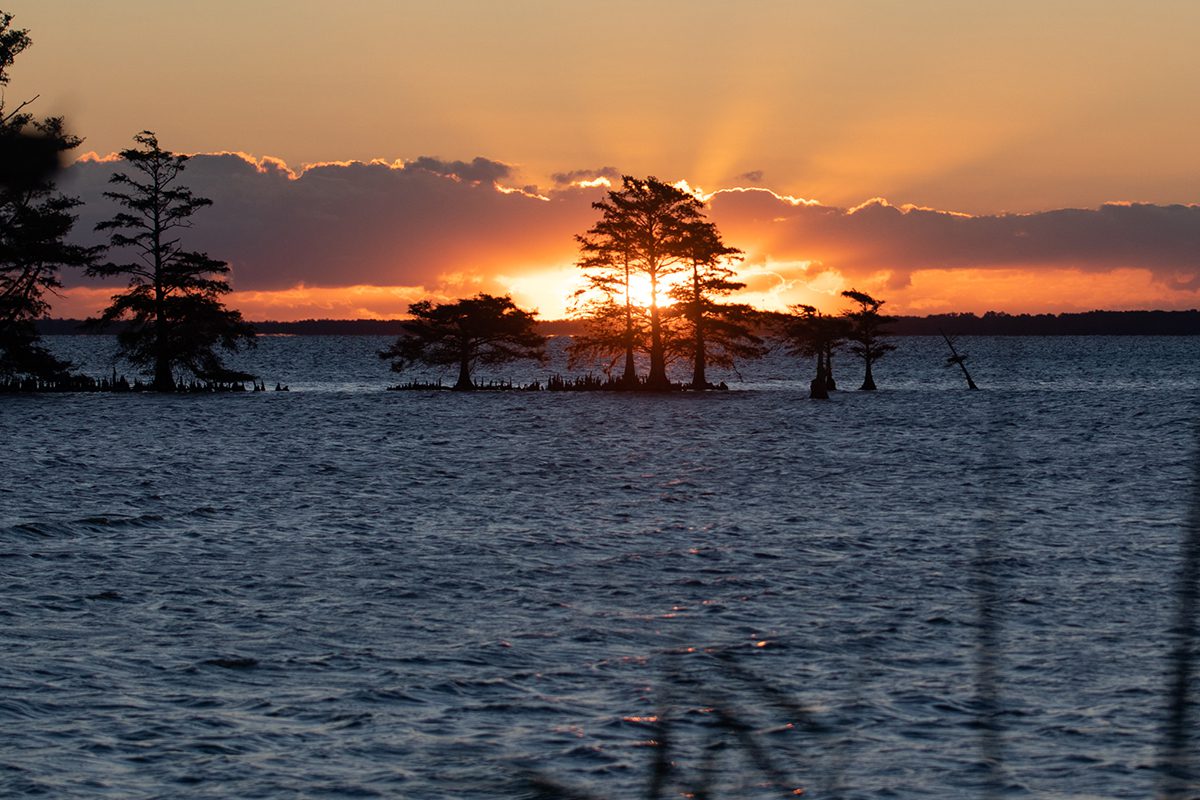
Bids are being accepted now on a large-scale project to remove thousands of pounds of invasive common carp from Lake Mattamuskeet and adjacent canals, part of a plan to restore declining water quality and elevated water levels.
Mattamuskeet National Wildlife Refuge and the North Carolina Wildlife Resources Commission, working together as the Mattamuskeet Technical Working Group, have been awarded $1 million by the U.S. Fish and Wildlife Service’s Large Invasive Species grant program to remove the common carp as part of the Lake Mattamuskeet Aquatic Grass Restoration project.
Supporter Spotlight
When Lake Mattamuskeet, a 40,000-acre freshwater lake, was healthy, the lakebed was covered in seagrasses, which provided food for the wintering waterfowl and habitat for anadromous fish. The increase and abundance of common carp has led to a decline of subaquatic vegetation. Seagrasses in the lake began to decline during the late 1990s but by 2017, none were observed during the annual seagrass survey on the lake, according to the U.S. Fish and Wildlife Service.
The removal of common carp from impaired aquatic systems has been an effective management action to increase water clarity, reduce nutrient concentrations, and to reestablish submerged aquatic vegetation, officials said.
The wildlife refuge is accepting bids for the project to remove large numbers and weight of the carp, a minimum of 450,000 pounds, and to remove carp at strategic locations to monitor the density of carp in the lake, officials said.
Deadline is 5 p.m. June 20. All documents must be in either Microsoft Word compatible or PDF and emailed to timothy_clapp@fws.gov with the subject line reading “solicitation number 140F0422R0026.”
Officials anticipate announcing the award on or around July 20. The contract is for July 20 through Dec. 31, 2025, or the date of award, whichever is sooner.
Supporter Spotlight
All questions regarding the request for proposals must be emailed to timothy_clapp@fws.gov by 5 p.m. June 12.
Additional information and application instructions can be found on the SAM.gov contract opportunity.
U.S. Fish and Wildlife Service, North Carolina Wildlife Resources Commission, and the North Carolina Division of Marine Fisheries will consult with the contractor to make sure the work is done in compliance with all rules and regulations.
The carp removal is supported by the Lake Mattamuskeet Watershed Restoration Plan released in 2018 as the result of a multi-stakeholder effort consisting of the U.S. Fish and Wildlife Service, NCWRC, Hyde County and local stakeholders. The plan is intended to address the poor water quality within the lake and the chronic and persistent flooding on the surrounding landscape.
The North Carolina Coastal Federation, which publishes Coastal Review, was contracted to facilitate plan development.
Funding for Lake Mattamuskeet Restoration is provided by a variety of sources, including the USFWS Coastal Program and the Sportfish Restoration Program. Actions related to carp removal and SAV restoration are guided by a Memorandum of Understanding with the state Wildlife Resources Commission and Hyde County, officials said.



